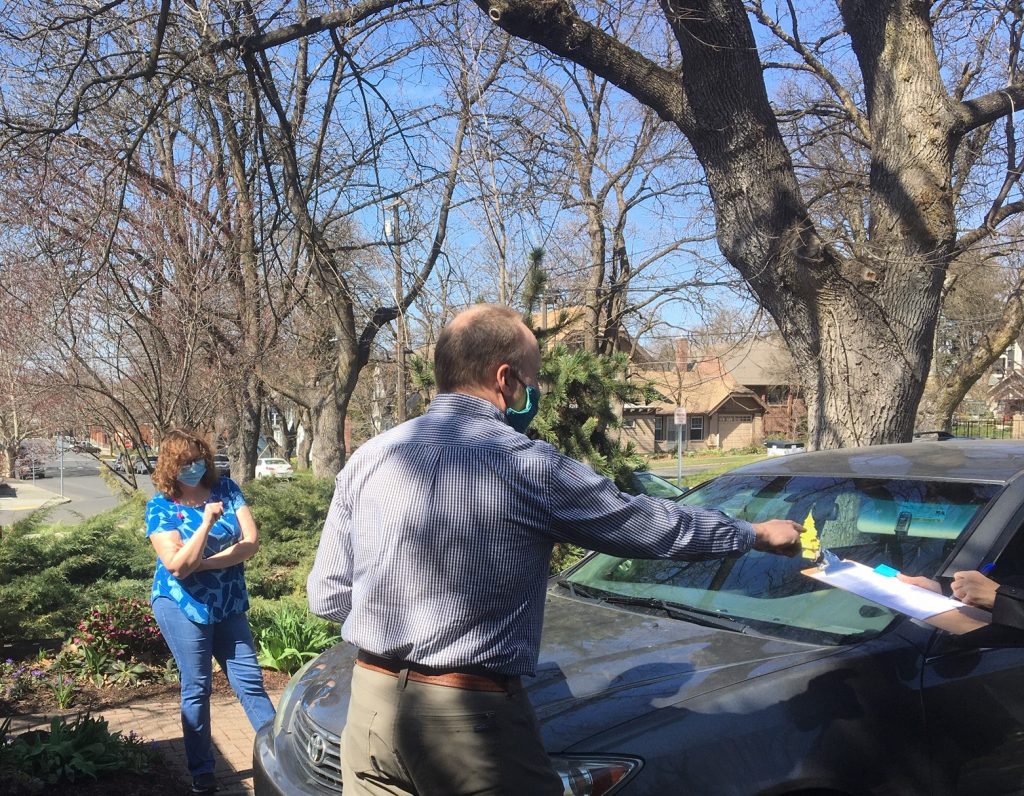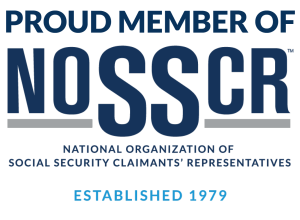Social Security is making it harder for the vulnerable and disabled to obtain benefits they are eligible for. This is the Social Security blog post:
Social Security Strengthens Identity Proofing Requirements and Expedites Direct Deposit Changes to One Day
March 18, 2025 • By Social Security Administration
Reading Time: 2 Minutes
Last Updated: March 18, 2025
Social Security Administration Seal
The Social Security Administration (SSA) is taking proactive steps to enhance the security of its services by implementing stronger identity verification procedures. The updated measures will further safeguard Social Security records and benefits against fraudulent activity. Over the next two weeks, SSA will carefully transition to stronger identity proofing procedures for both benefit claims and direct deposit changes. Individuals seeking these services who cannot use their personal my Social Security account, which requires online identity proofing, will then need to visit a local Social Security office to prove their identity in person. At the same time, the agency will expedite processing all direct deposit change requests – both in person and online – to one business day. Prior to this change, online direct deposit changes were held for 30 days.
“Americans deserve to have their Social Security records protected with the utmost integrity and vigilance,” said Lee Dudek, Acting Commissioner of Social Security. “For far too long, the agency has used antiquated methods for proving identity. Social Security can better protect Americans while expediting service.”
The agency’s two-week transition plan includes training frontline employees and management about the new policy and careful monitoring of policy compliance. At the conclusion of the transition period, on March 31, 2025, SSA will enforce online digital identity proofing and in-person identity proofing. SSA will permit individuals who do not or cannot use the agency’s online my Social Security services to start their claim for benefits on the telephone. However, the claim cannot be completed until the individual’s identity is verified in person. The agency therefore recommends calling to request an in-person appointment to begin and complete the claim in one interaction. Individuals with and without an appointment will need to prove identity before starting a transaction. Individuals who do not or cannot use the agency’s online my Social Security services to change their direct deposit information, can visit a local office to process the change or can call 1-800-772-1213 to schedule an in-person appointment.
SSA recently required nearly all agency employees, including frontline employees in all offices throughout the country, to work in the office five days a week. This change ensures maximum staffing is available to support the stronger in-person identity proofing requirement.
SSA plans to implement the Department of Treasury’s Bureau of the Fiscal Service’s payment integrity service called Account Verification Service (AVS). AVS provides instant bank verification services to proactively and timely prevent fraud associated with direct deposit change requests.
The agency will continue to monitor and, if necessary, make adjustments, to ensure it pays the right person the right amount at the right time while at the same time safeguarding the benefits and programs it administers.
People who do not already have a “my Social Security” account can create one at www.ssa.gov/myaccount/.
*****
If this will be a burden on you. It will also be a barrier to you receiving the benefits you are entitled to. I urge you to join me in contacting your Senator and Representative in Congress.
Paul Clark
STATE OF WASHINGTON REPRESENTATIVES
US SENATORS:
SENATOR PATTY MURRAY https://murray.senate.gov/
(202) 224-2621 D.C.
SENATOR MARIA CANTWELL https://cantwell.senate.gov/
(202) 224-3441 D.C.
US REPRESENTATIVES:
REPRESENTATIVE MICHAEL BAUMGARTNER (5th Dist) https://baumgartner.house.gov/
(202) 225-2006 D.C.
REPRESENTATIVE DAN NEWHOUSE (4th Dist) https://newhouse.house.gov/
(202) 225-5816 D.C.
STATE OF IDAHO REPRESENTATIVES
US SENATORS:
SENATOR MIKE CRAPE https://www.crapo.senate.gov/
(202) 224-6142 D.C.
SENATOR JAMES RISCH https://www.risch.senate.gov/
(202) 224-2752
US REPRESENTATIVES:
REPRESENTATIVE MIKE SIMPSON (2nd Dist) https://simpson.house.gov/
(202) 225-5531 D.C.
(208) 334-1953 Boise
REPRESENTATIVE RUSS FULCHER (1st Dist) https://fulcher.house.gov/
(202) 225-6611 D.C.
(208) 743-1388 Lewiston
(208)667-0127 Cd’A

